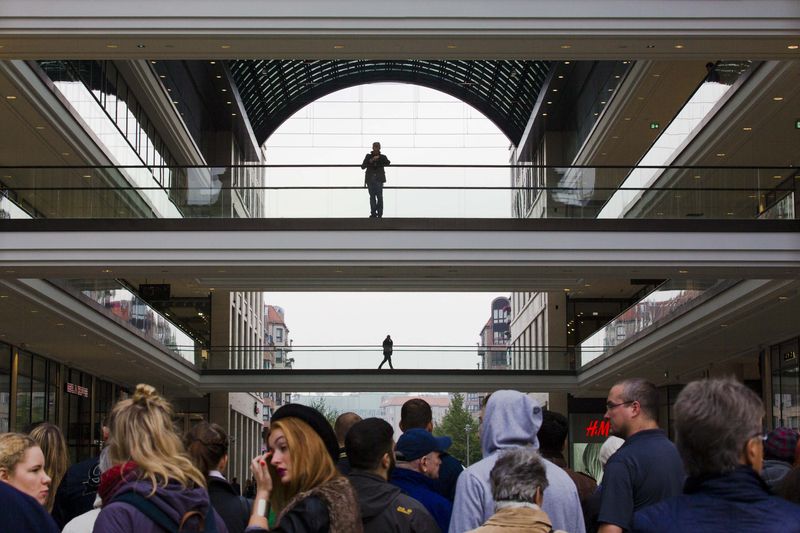By Stephanie Nebehay
GENEVA, Jan 25 (Reuters) - Barely 1.6% of 1.44 million people with refugee status who were prioritised for resettlement in another country of asylum last year found new homelands through the U.N. refugee agency, the lowest number in nearly two decades, it said on Monday.
The drop to 22,770 admissions was due to lower quotas set by recipient countries, limited flights and delays in processing during the coronavirus pandemic, the U.N. High Commissioner for Refugees (UNHCR) said. In 2019, it resettled 63,696 refugees in need of transfer from one asylum country to another.
"We can only hope that 2020 will be an extreme anomaly for refugee resettlement. We urgently call on governments to boost their programmes this year, offer more places, expedite the processing of cases and help us save lives of those most in need and at greatest risk," Gillian Triggs, UNHCR's Assistant High Commissioner for Protection, said in a statement.
Refugees from Syria, the Democratic Republic of the Congo, and Myanmar were the largest groups resettled in 2020.
The United States resettled the highest number of refugees last year, 6,740, but this was less than one-third of the 21,159 that it admitted in 2019, UNHCR figures show.
President Joe Biden has said he would raise the cap for refugees resettled in the United States from abroad to 125,000 from the historic low-level of 15,000 set by his predecessor Donald Trump for this U.S. fiscal year that began in October. and Canada ranked second and third last year, resettling 3,543 and 3,496 refugees respectively through UNHCR programmes.
The vast majority of the world's total 26.4 million refugees who have fled wars and persecution remain in neighbouring countries, but the most vulnerable and those with special needs are given priority for resettlement.
